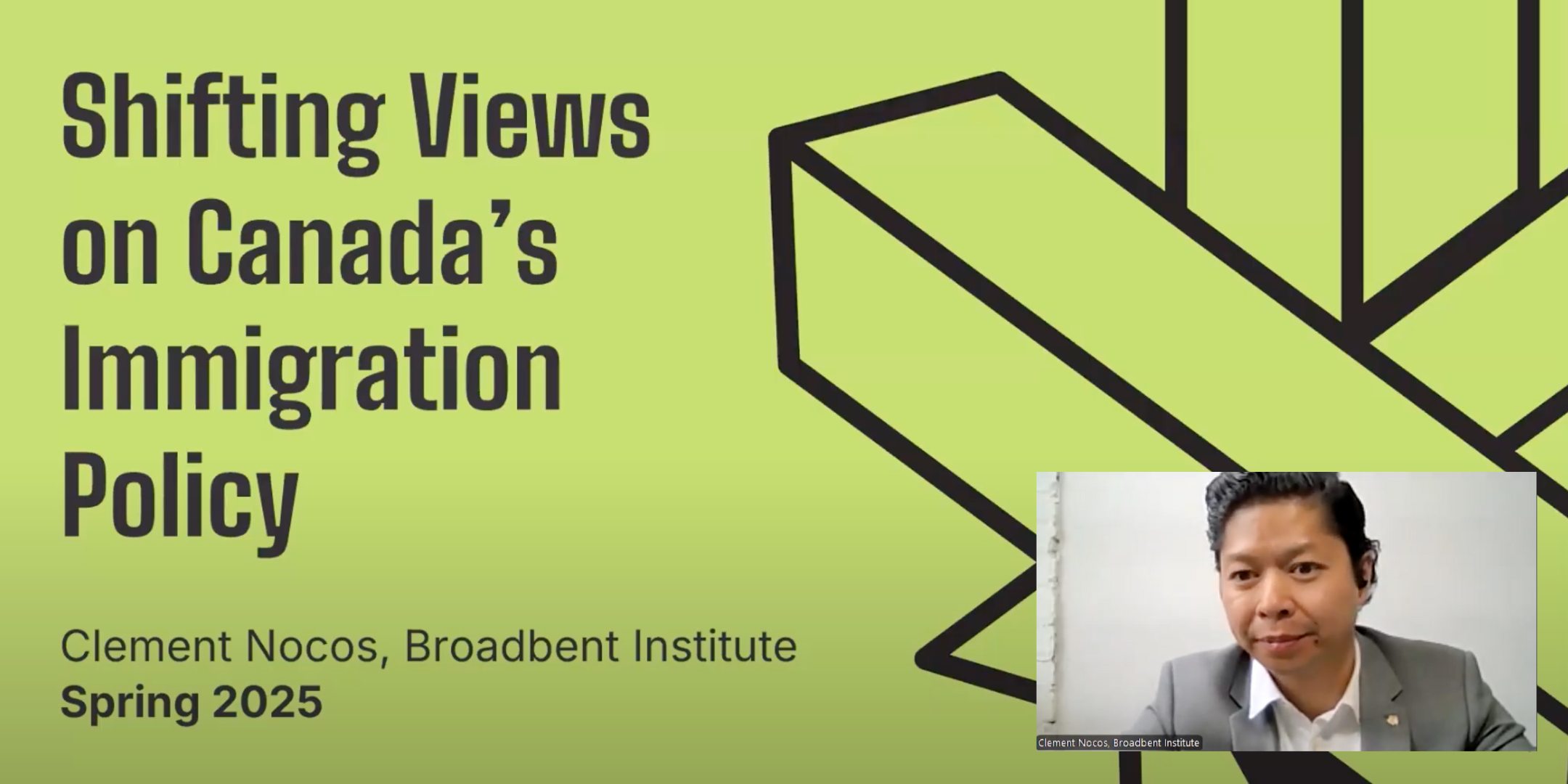Canadian Immigration: Shifting Attitudes in 2025

Canadian Immigration: Shifting Attitudes in 2025
A recent poll released in August 2025 sheds light on evolving attitudes toward immigration in Canada. For newcomers, understanding these social perspectives is crucial, as they can influence national policy and the everyday experiences of those settling in communities like Kelowna, British Columbia. Learn more about settling in Canada.
Key Findings of the 2025 Immigration Poll
The poll, conducted by [Insert Hypothetical Polling Agency Name Here], surveyed a representative sample of Canadians and revealed some notable trends. While Canada has historically welcomed newcomers, the survey suggests a nuanced shift in perspectives. According to the poll, there’s increasing debate around the number of immigrants Canada should accept annually. This is potentially driven by concerns related to housing affordability, infrastructure capacity, and job market competition, although the drivers are multifaceted and complex as described on the Government of Canada’s Immigration and Citizenship website.
Regional Variations in Opinion
It’s important to note that opinions on immigration vary significantly across different regions. For instance, British Columbia, including cities like Kelowna, often exhibits different attitudes compared to the Prairie provinces or Atlantic Canada. Factors influencing these regional differences include local economic conditions, existing immigrant populations, and prevailing political ideologies. You can explore region-specific data through resources like Statistics Canada’s Immigration and Ethnocultural Diversity portal.
Impact on Immigrants in Kelowna
For immigrants living in or planning to move to Kelowna, understanding these shifting attitudes is vital. Public sentiment can affect access to resources, integration programs, and even general community acceptance. Organizations like the Kelowna Community Resources (replace with actual link) provide services to support immigrants and can offer insights into the local social climate. Learn about local resources for immigrants.
Changes in attitudes can also influence local government policies. Kelowna, like other Canadian cities, relies on immigration to address labor shortages and boost economic growth. If public support for immigration wanes, it could lead to changes in municipal policies related to settlement services, language training, and employment programs.
Navigating Potential Challenges
While the poll indicates a potential shift, it’s crucial to remember that Canada remains a multicultural and welcoming society. However, newcomers should be prepared to engage in constructive dialogues about immigration-related issues. Staying informed about local and national discussions and participating in community initiatives can help foster understanding and address any misconceptions. Consulting with local immigration lawyers and consultants can also provide valuable guidance.
The Future of Immigration Policy
The findings of this poll will undoubtedly inform future policy discussions at the federal level. The Canadian government considers public opinion when making decisions about immigration targets, selection criteria, and integration strategies. It is essential for immigrants and all Canadians to stay engaged in these conversations and advocate for policies that promote fairness, inclusivity, and economic prosperity. Follow updates and announcements from Immigration, Refugees and Citizenship Canada (IRCC) on their official website at https://www.canada.ca/en/immigration-refugees-citizenship.html. The evolution of attitudes will undoubtedly shape the future landscape of immigration in Canada. Consider exploring resources on Canadian immigration policies.

